Nearly three-quarters of the U.S. food supply is ultra-processed—and scientists say it’s quietly reshaping our health in ways we can’t ignore.
I’ll be honest. Sometimes I grab a bag of chips “just for a snack,” and somehow half the bag disappears before I even notice. That’s the thing about ultra-processed foods: they’re convenient, cheap, and engineered to taste incredible, which is why they’re so hard to resist. And it’s not just me.
Researchers at Northeastern University found that 73% of the U.S. food supply is ultra-processed, while Johns Hopkins reports that more than half of the calories Americans eat at home come from them. That means most of us are eating way more of these foods than we realize.
But here’s the kicker: scientists are now uncovering how these foods can quietly affect everything from our brains to our gut health, and not in ways we want. So, let’s dig into 15 eye-opening ways ultra-processed foods can impact your health.
They increase your risk of weight gain

Ultra-processed foods contain added sugars, unhealthy fats, and refined carbohydrates, making them calorie-dense yet not very filling. Studies from the National Institutes of Health show people eat about 500 more calories per day on a highly processed diet compared to a whole-food one.
That extra intake adds up quickly over time. These foods also bypass natural satiety cues, so you don’t feel as full as you should. It’s not surprising that regular consumption is strongly linked to weight gain.
They can increase the risk of heart disease

Many processed snacks and ready-made meals are high in trans fats, sodium, and added sugars, which contribute to cardiovascular problems. A study in the British Medical Journal found that eating more ultra-processed food led to a higher risk of heart attack and stroke.
Sodium in high amounts can cause high blood pressure, and trans fats increase bad cholesterol and lower the good kind. Over time, these changes strain the heart. Even foods marketed as “low fat” often compensate with other harmful ingredients.
They make you hungrier

Ever notice how you can finish a bag of chips and still not feel satisfied? That’s by design. Ultra-processed foods are engineered to be hyper-palatable, striking just the right balance of salt, sugar, and fat to induce a craving for more.
But they lack protein and fiber, which keep hunger in check. This “empty calorie” effect makes overeating almost inevitable.
They mess with your gut health
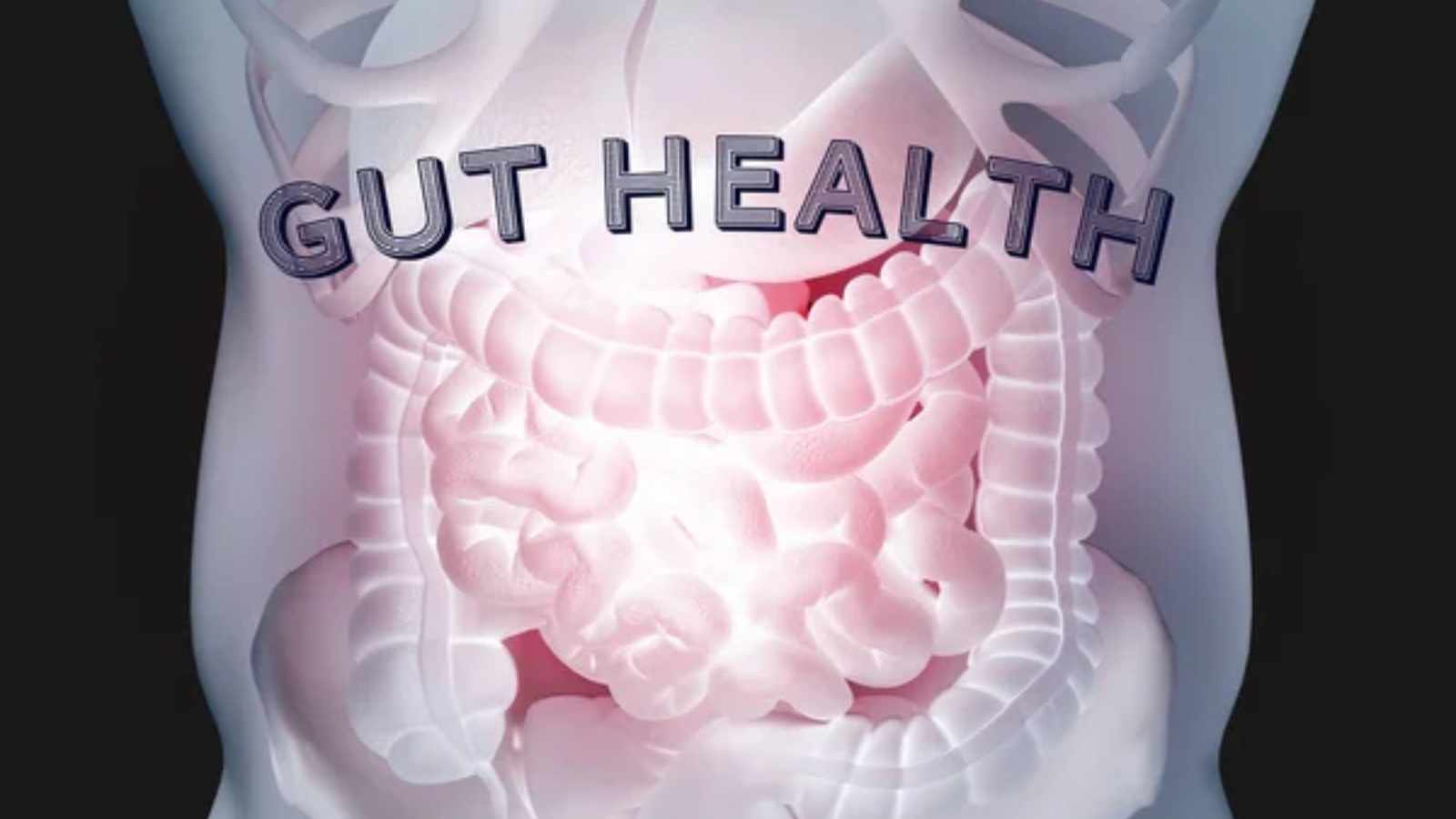
Our gut thrives on fiber and diverse nutrients, which are often stripped out of ultra-processed foods. Without enough fiber, healthy gut bacteria struggle, leading to imbalances that affect digestion and even mood.
Research indicates that individuals who consume a diverse range of whole foods tend to have healthier gut microbiomes. Artificial sweeteners and additives can also harm gut bacteria. When the gut suffers, the rest of the body usually feels the effects as well.
They can raise blood pressure

Processed soups, frozen pizzas, and snack foods are notoriously high in sodium. The American Heart Association notes that 70% of the sodium in the average U.S. diet comes from packaged and restaurant foods.
High sodium raises blood pressure, which increases the risk of heart disease and stroke. Ultra-processed foods often hide sodium in places you wouldn’t expect, like bread or cereals. Cutting back even slightly can make a difference.
They can increase the risk of diabetes
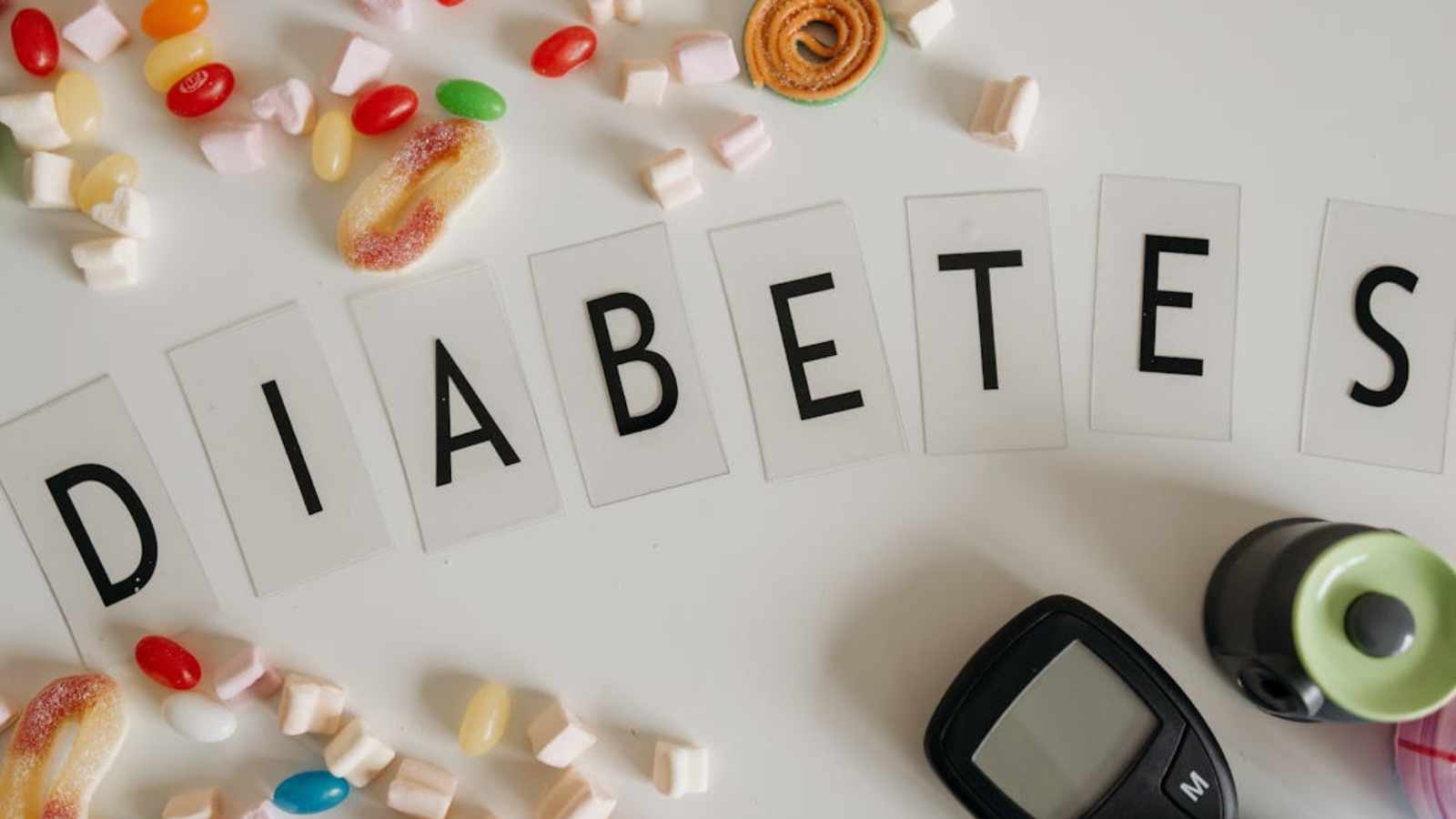
Sugary drinks, refined snacks, and packaged desserts lead to spikes in blood sugar levels. This repeated stress leads to insulin resistance, a significant risk factor for type 2 diabetes.
A study found that every 10% increase in ultra-processed food intake was linked with a 15% higher risk of developing type 2 diabetes. These foods often lack the protein and fiber that help regulate blood sugar. Instead, they flood the bloodstream with glucose all at once.
They can damage your teeth

Sugary and starchy processed foods create the perfect environment for harmful bacteria in your mouth. These bacteria produce acid that erodes tooth enamel, leading to cavities. Soft drinks, even diet ones, are especially problematic due to their acidity.
Tooth decay remains one of the most common chronic conditions affecting both children and adults. A diet high in processed snacks only fuels the cycle.
They may harm brain health

Diet plays a bigger role in brain function than most of us realize. Research in Neurology has found that individuals who consume more ultra-processed foods have a higher risk of cognitive decline. The high sugar, sodium, and unhealthy fat content can trigger inflammation, which impacts memory and learning.
These foods also don’t provide the omega-3s, antioxidants, or vitamins the brain thrives on. It’s no wonder many experts call diet a “lifestyle factor” in dementia prevention.
They may shorten your lifespan

This one may sound dramatic, but researchers have found a link between high consumption of processed foods and early mortality. Every additional serving of ultra-processed food increased the risk of early death by 18%.
The combination of heart disease, diabetes, and cancer risk all contributes to this. It’s not about one snack here or there—it’s about overall patterns. The more of these foods in the diet, the more they chip away at long-term health.
They’re linked with a higher cancer risk

The World Health Organization has classified processed meats like bacon and hot dogs as carcinogenic. Beyond that, studies suggest that ultra-processed foods in general may raise cancer risk.
An extensive study published in 2018 found that a 10% increase in processed food consumption is linked to a 10% increase in cancer risk. The additives, preservatives, and chemical byproducts formed during processing all play a role in this process. It’s another reason moderation matters.
They can strain your liver
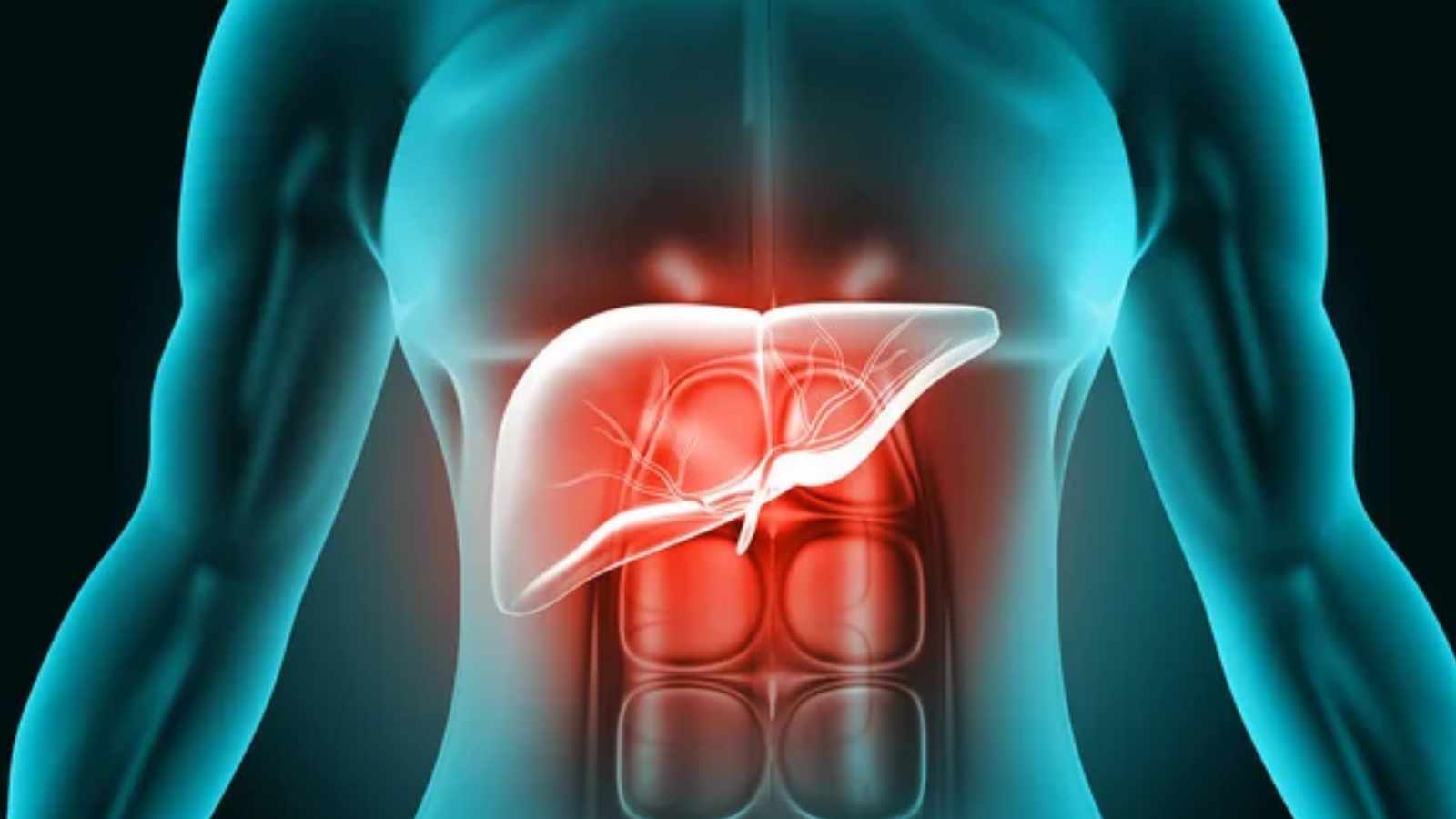
Many processed foods are high in fructose, often from high-fructose corn syrup. The liver must work overtime to process excess fructose, which can lead to the accumulation of fat in the liver.
Over time, this contributes to non-alcoholic fatty liver disease, which now affects nearly 25% of U.S. adults. Sugary drinks are one of the biggest culprits. It’s a hidden consequence many people don’t realize until later in life.
They can weaken your bones
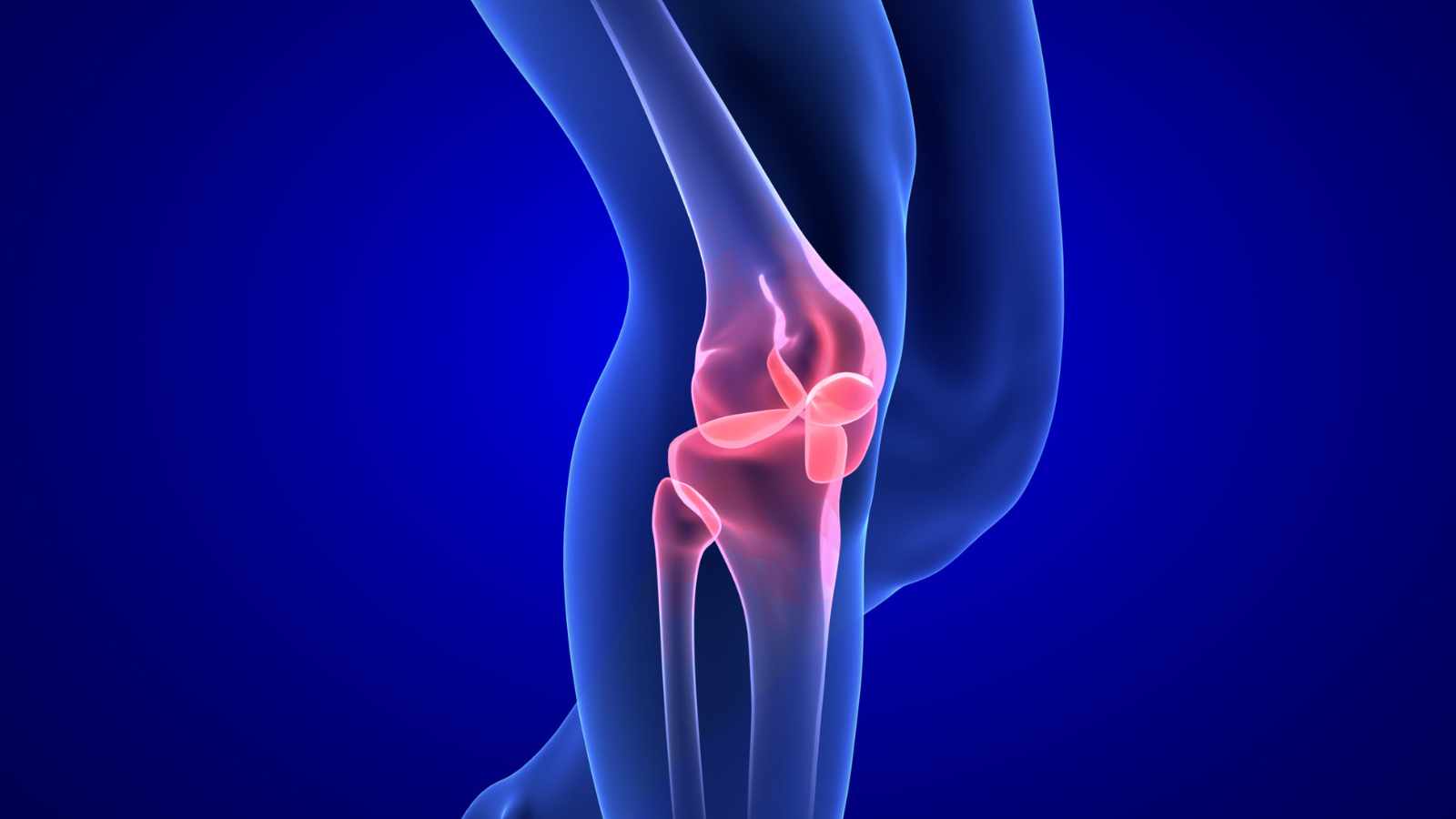
Sodas and processed snacks often contain high levels of phosphorus additives. While phosphorus is essential, excessive intake can disrupt calcium balance, leading to weakened bones over time.
A study found that women who consumed cola beverages daily had significantly lower bone mineral density (BMD) at the hip compared to those who drank less than one cola per month. Plus, many processed foods don’t contain the vitamins and minerals bones need to stay strong. That daily can of cola may not feel like much, but your bones notice.
They affect your sleep quality

Consuming a high amount of ultra-processed foods has been linked to poor sleep patterns. High sugar intake can cause blood sugar crashes at night, leading to restless sleep. Processed foods also often contain additives like caffeine or MSG that can disrupt rest.
Diets rich in whole foods are associated with improved sleep duration and quality. It turns out your late-night bag of chips may be part of why you can’t fall asleep easily.
They increase your risk of depression

There’s growing evidence linking diet and mental health. A study in Public Health Nutrition found that people who ate more fast food and commercial baked goods had a higher risk of developing depression compared to those who ate the least.
Ultra-processed foods often lack essential nutrients like omega-3 fatty acids, magnesium, and B vitamins, which play a crucial role in mood regulation. They can also cause inflammation, which has been tied to depressive symptoms. Whole foods provide the stability and nourishment the brain craves.
They take away room for healthier foods
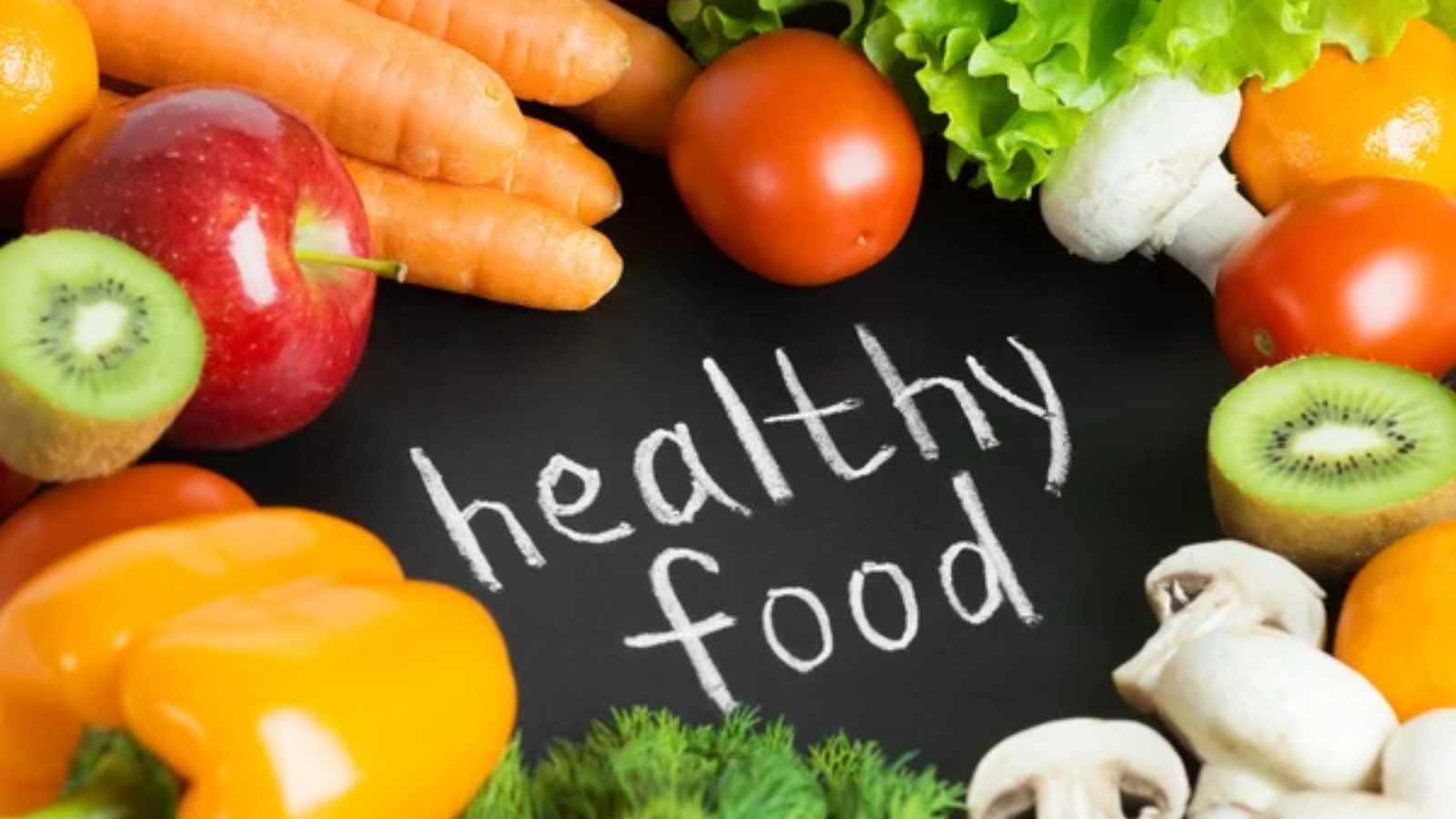
Perhaps the simplest, yet most overlooked, effect is displacement. Every time we fill up on packaged snacks, sodas, or fast food, we leave less room for fruits, vegetables, whole grains, and lean proteins.
Over time, this imbalance leads to nutrient deficiencies and various health issues. Diets rich in whole foods reduce the risk of chronic illness. So it’s not just what these foods add—it’s what they crowd out.
Key takeaways
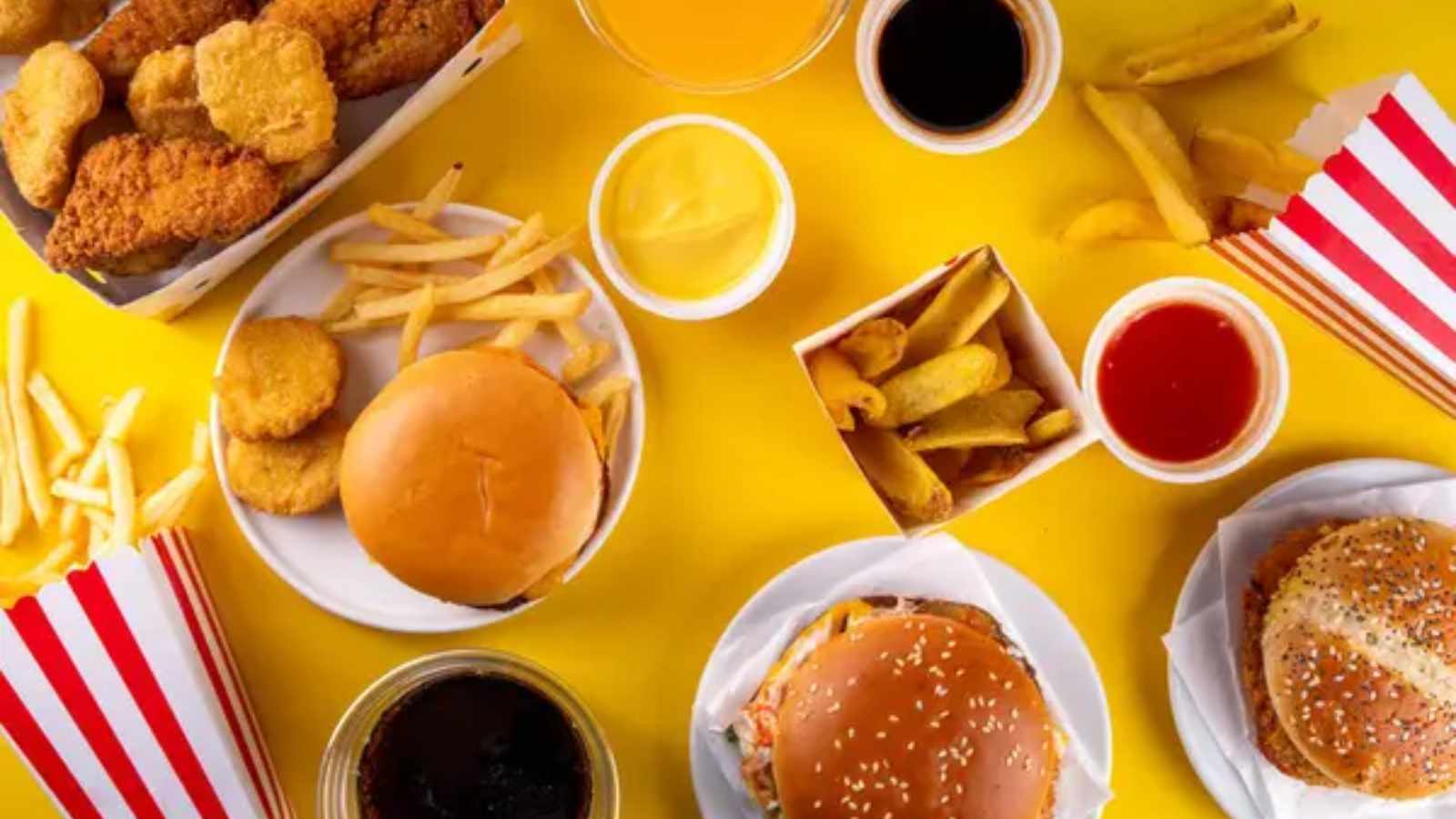
Ultra-processed foods are everywhere—and addictive by design. They’re cheap, convenient, and engineered to be irresistible, but that often means extra calories, hidden sodium, and fewer nutrients that your body truly needs.
They quietly raise the risk of major diseases. Studies consistently link heavy consumption of processed foods with long-term health issues, from heart disease and diabetes to cancer and liver problems.
Your brain, mood, and energy take a hit. These foods disrupt gut health, mess with sleep, fuel inflammation, and are tied to depression and cognitive decline.
They push out healthier options. Every bag of chips or soda replaces fruits, veggies, and whole foods that protect your bones, teeth, and overall well-being—making balance and moderation key.
Disclaimer – This list is solely the author’s opinion based on research and publicly available information. It is not intended to be professional advice.
16 grocery staples to stock up on before prices spike again

16 Grocery Staples to Stock Up On Before Prices Spike Again
I was in the grocery store the other day, and it hit me—I’m buying the same things I always do, but my bill just keeps getting higher. Like, I swear I just blinked, and suddenly eggs are a luxury item. What’s going on?
Inflation, supply-chain delays, and erratic weather conditions have modestly (or, let’s face it, dramatically) pushed the prices of staples ever higher. The USDA reports that food prices climbed an additional 2.9% year over year in May 2025—and that’s after the inflation storm of 2022–2023.
So, if you’ve got room in a pantry, freezer, or even a couple of extra shelves, now might be a good moment to stock up on these staple groceries—before the prices rise later.
6 gas station chains with food so good it’s worth driving out of your way for

6 Gas Station Chains With Food So Good It’s Worth Driving Out Of Your Way For
We scoured the Internet to see what people had to say about gas station food. If you think the only things available are wrinkled hot dogs of indeterminate age and day-glow slushies, we’ve got great, tasty news for you. Whether it becomes part of a routine or your only resource on a long car trip, we have the food information you need.
Let’s look at six gas stations that folks can’t get enough of and see what they have for you to eat.




